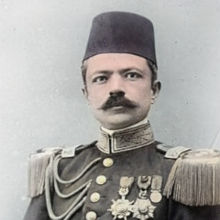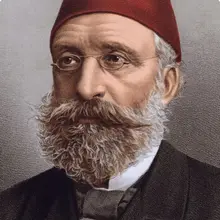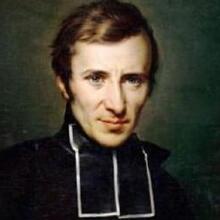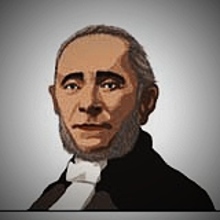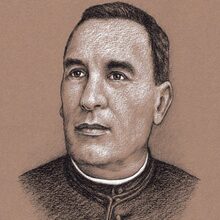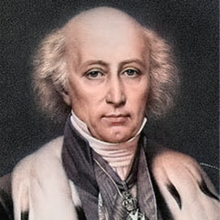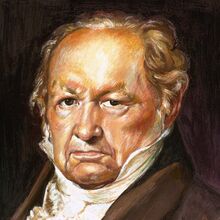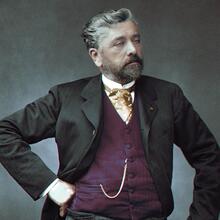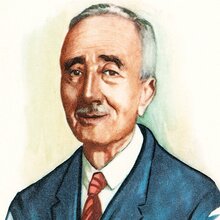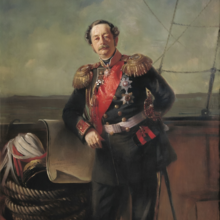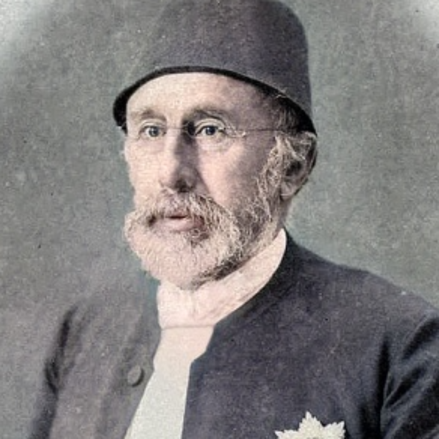
Personal
Other names:
Job / Known for:
Grand Vizier of the Ottoman Empire
Left traces:
Tanzimat reforms and civil code
Born
Date:
1814
Location:
TR
Constantinople, Ottoman Empire
Died
Date:
1869-02-12 (aged 55)
Resting place:
FR
Death Cause:
Tuberculosis
Family
Spouse:
Children:
Parent(s):
Keçecizade Izzet Molla and Ayşe Hatun
QR Code:
Show More
Rank
Users ranking to :
Thanks, you rate star
Ranking
5.0
1
Fullname
Mehmed Fuad Pasha
Fullname NoEnglish
Keçecizade Mehmed Fuad Pasha
Slogan
The only way to save the empire is to reform it
About me / Bio:
Show More
Article for Mehmed Fuad Pasha
Died profile like Mehmed Fuad Pasha
Comments:



